Discover Stanford Radio
Stanford Radio

661 Episodes
Reverse
Happy New Year from the team here at The Future of Everything. To kick off 2024, we’re bringing you an episode that’s been one of our most popular. The timing is just right as many of us are headed into the new year thinking about how to live better. In this episode, Professor Helen Blau, a stem cell biologist, tells us all about how she’s recruiting stem cells to regenerate youthful muscle in older people. We’re thrilled to bring this episode out of the archives for another listen and renewed hope about possibilities ahead in the world of health.
Alex and Evelyn discuss CSAM in machine learning datasets, big DSA news from Europe, Meta's moderation around Israel & Hamas, Substack's Nazi problem, and another entry in the Netchoice Restatement of the Law.
A curated playlist of six episodes from our archive to accompany you through the holiday season.
Whether you’re thinking about giving during this season, ways to improve your health, or you’re simply excited to revisit compelling conversations with people who are impacting the future, we hope you’ll find something thought-provoking in this playlist. We are so grateful to you for taking the time to listen this year and we look forward to returning in the new year with more captivating discussions about the future of everything.
Alex and Evelyn discuss US military information operations, Threads testing ActivityPub integration, ridiculous statistics about TikTok, YouTube Magic Dust, the Meta Oversight Board moving with all deliberate speed, and First Amendment retaliation claims.
The holidays are here, and with that many of us are preparing to enjoy meals with family and friends. One of my previous guests on the show, Professor Michael Fischbach, tells us that the “gut biome” – that is, the complex community of bacteria that lives in our gastrointestinal tract – is what makes digesting and extracting nutrients from those meals possible. It’s a fascinating conversation about the important role bacteria plays in the human digestive system. I hope you’ll tune in.
Hi everyone, it’s your host, Russ here. We’re re-running our episode with Professor Stephen Quake today. Stephen’s research has helped countless patients avoid the pain and suffering that can come with invasive diagnostic testing. He’s developed a number of noninvasive blood tests to help detect preterm births, genetic disorders like Down Syndrome, cancer, and organ transplant rejection. It’s an episode that reminds us of the power of good science. I hope you’ll take another listen and enjoy.
Alex and Evelyn discuss whether telling your most important customers to go eff themselves is a good business strategy; the continual challenges of moderating CSAM; Meta's preparations for the 2024 elections; the injunction of Montana's TikTok ban; and the most important AI story no one is talking about.
Guest Percy Liang is an authority on AI who says that we are undergoing a paradigm shift in AI powered by foundation models, which are general-purpose models trained at immense scale, such as ChatGPT. In this episode of Stanford Engineering’s The Future of Everything podcast, Liang tells host Russ Altman how foundation models are built, how to evaluate them, and the growing concerns with lack of openness and transparency.
Alex and Evelyn discuss the ongoing drama at OpenAI and how to think about AI safety; whether app stores should be doing age verification; India's jawboning of streaming platforms; rumours about rumours on TikTok; the scary threat to free expression coming from AGs investigating groups when Musk complains about them.
Guest Alex Konings studies fundamental links between the global cycle of water percolating into the ground and evaporating into the skies and a similar cycle of carbon moving through the world, shaping ecosystems, droughts, and fires. These cycles are inextricably bound, she says, and understanding how they function individually and in tandem is key to life on planet Earth. These important cycles may be easily overlooked but they cannot be ignored, Konings tells host Russ Altman on this episode of Stanford Engineering’s The Future of Everything podcast.
Alex and Evelyn talk about generative AI and elections, renewed calls to ban TikTok, more reporting about India pressuring platforms, Supreme Court argument about whether politicians can block people on social media, and apparently there's some big sportsball game this weekend?
Hi everyone, it’s your host Russ Altman here. Today, we’re re-running a fascinating conversation I had with Zhenan Bao back in 2017 about the work she and her lab are doing to develop artificial skin. The possible applications of a material that could replicate properties of human skin range from restoring a sense of touch for amputees to creating bendable electronics. Thank you for tuning in, we hope you enjoy this episode from the archives.
Space exploration and travel are two topics that are always exciting, and that have sparked a lot of enthusiasm about the future. Debbie Senesky, a previous guest on the show, researches ways to develop tiny, tough electronics that could help augment our abilities to further explore extreme environments, such as those found in space. Today we’re re-running a conversation I had with Debbie in 2017 on this topic. I hope you’ll tune in, and enjoy.
Alex and Evelyn discuss the new Executive Order on AI, content moderation in the stack putting pressure on Telegram, the one year anniversary of Elon Musk buying Twitter, and a multi-state lawsuit against Meta for misleading young users about the addictive and harmful properties of its platform.
Guest Gordon Wetzstein is an expert in using math to improve photographs. Such methods have exploded in recent years and have wide-ranging impacts from improving your family photos, to making self-driving cars safer, to building ever-more-powerful microscopes. Somewhere in between hardware and software, he says, is the field of computational imaging, which makes cameras do some pretty amazing things. Wetzstein and host Russ Altman bring it all into focus on this episode of Stanford Engineering’s The Future of Everything podcast.
Alex and Evelyn discuss the "Techno-Optimist Manifesto" posted by Marc Andreessen this week and whether one can love technology and also think about risk management at the same time. Tricky! They then discuss the ongoing challenges of moderating during war, the Supreme Court's cert grant of the jawboning case out of the 5th circuit, and Threads' position on news.
Almost everyone knows someone who has battled cancer. Today, on The Future of Everything, we’re re-running our episode with Professor Jennifer Cochran who is bringing some hope in this area through work she and her lab are doing to find ways to localize therapies directly to the site of cancer tumors for more efficient and effective treatment. You won’t want to miss this one, it’s full of inspiring insights that will hopefully move us toward a future of improving outcomes for cancer patients.
Alex and Evelyn talk to Brian Fishman, the former Policy Director for counterterrorism and dangerous organizations at Facebook/Meta, about the history of terrorism online, the challenges for platforms moderating terrorism, and the bad incentives created by misguided political pressure (looking at you, EU).
Guest Karl Deisseroth is a bioengineer and a psychiatrist who has developed two of the most transformational research techniques shaping our understanding of how the brain works — optogenetics, which allows neuroscientists to control brain cells with light, and CLARITY, a way to render the brain’s gray matter transparent yet retain all its intricate wiring for easier study. There is a vast chasm between neuroscience and psychiatry, Deisseroth says of the reasons he felt compelled to develop technology ahead of pursuing science. It was never a trade-off of one over the other, however. It was simply where we had to go to get better at the science, Deisseroth tells fellow bioengineer and host Russ Altman on this episode of Stanford Engineering’s The Future of Everything podcast.
Alex and Evelyn discuss how the horrific events in Israel over the weekend make clear how important social media is during fast-moving historical events, and how X/Twitter has fundamentally degraded as a source of information. They also discuss China's ramped up crack down on app stores, and the Supreme Court's cert grant in the Netchoice cases, that could reshape the internet.



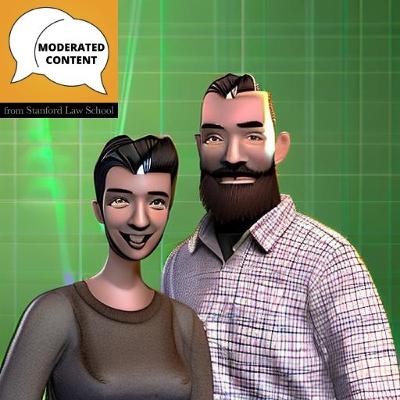
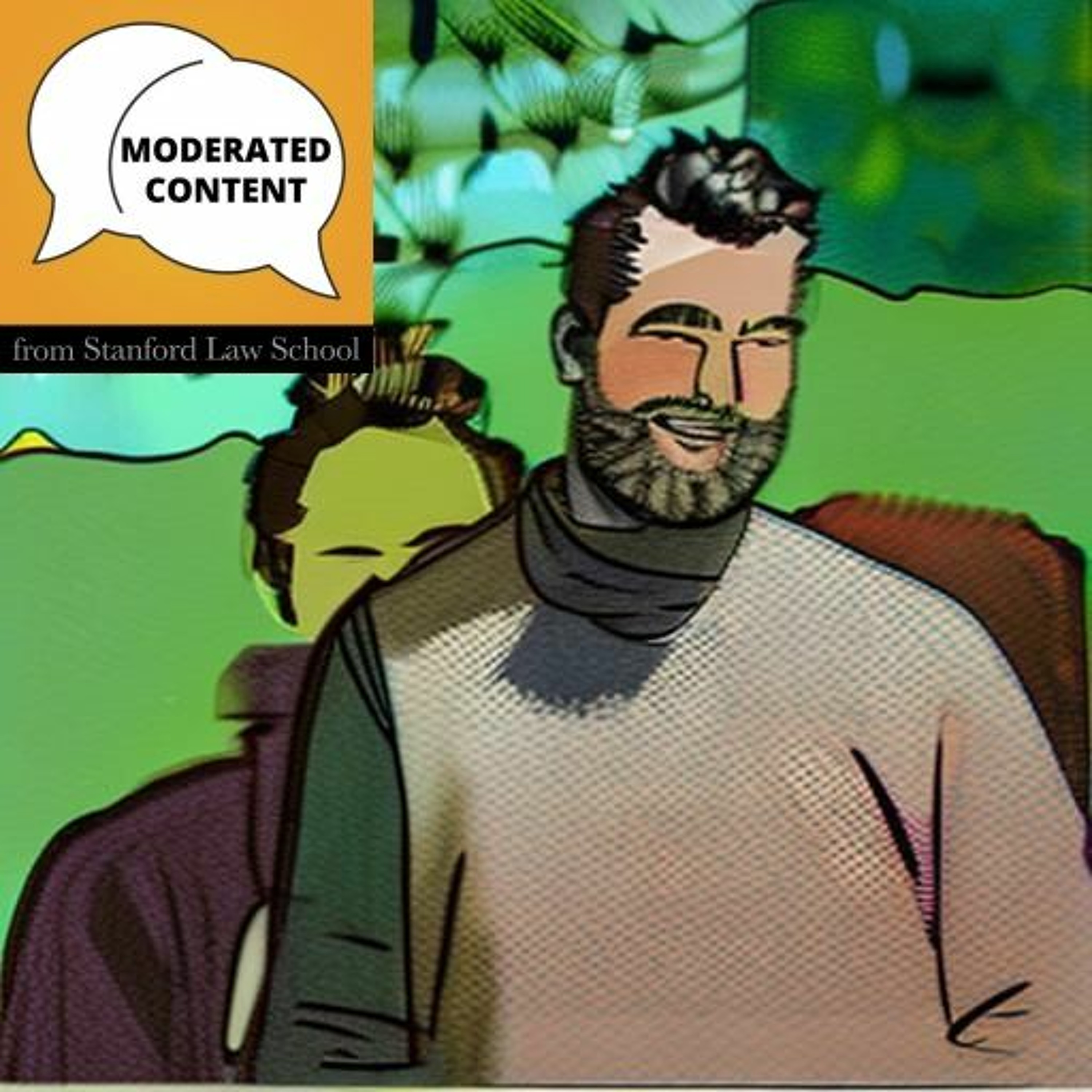
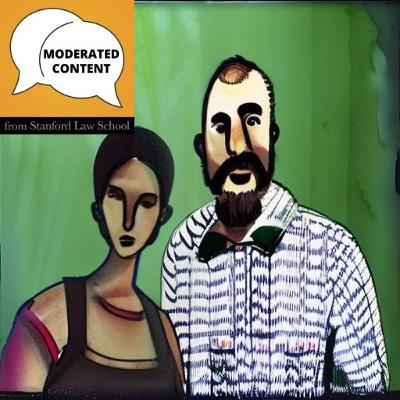
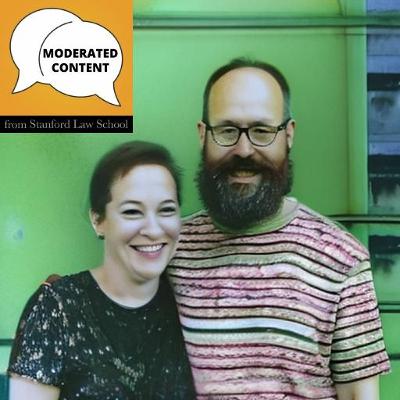
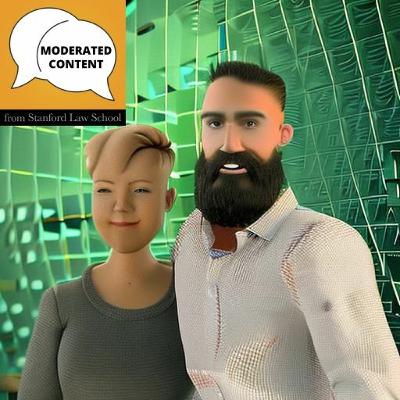
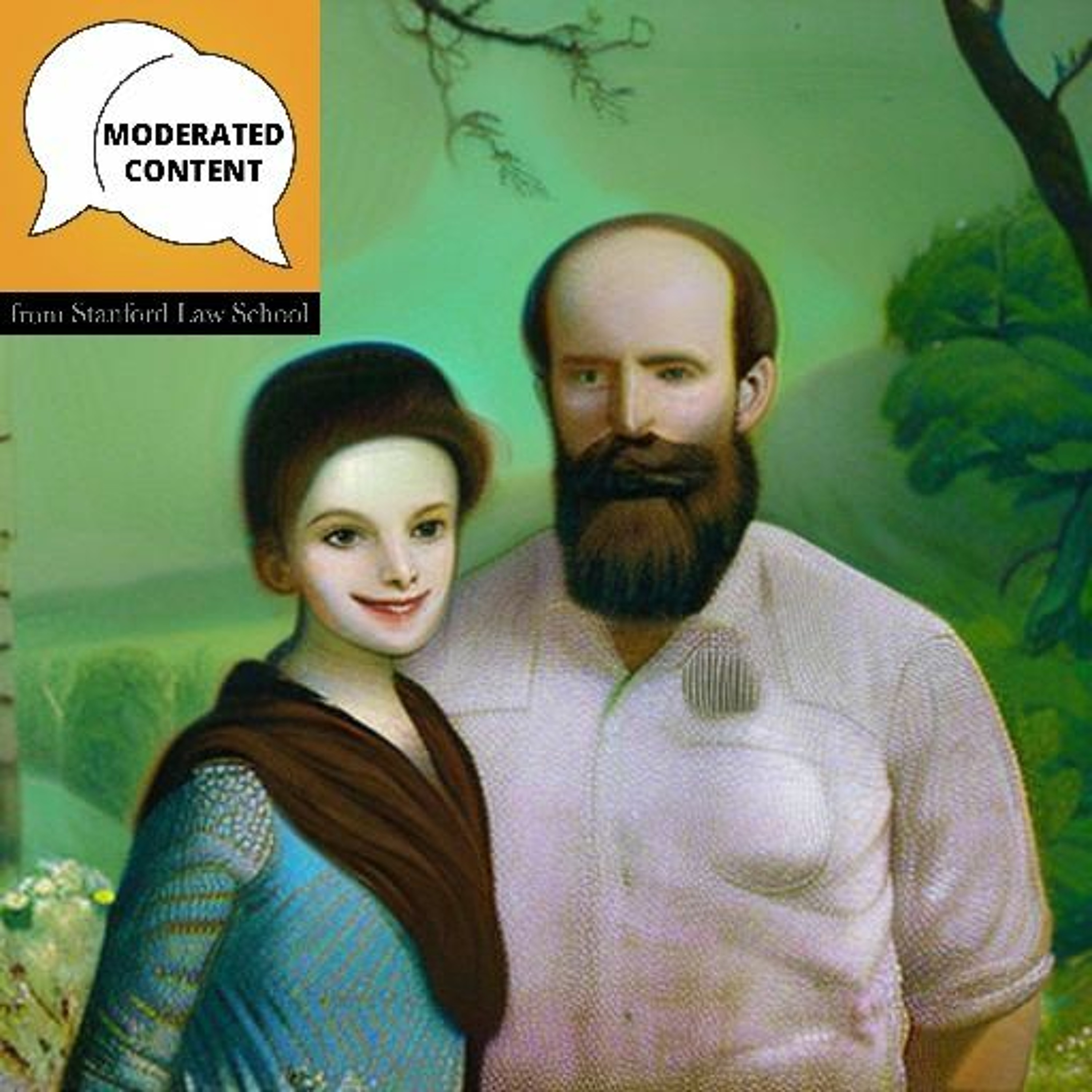
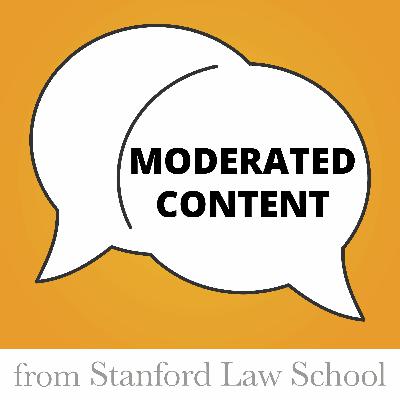
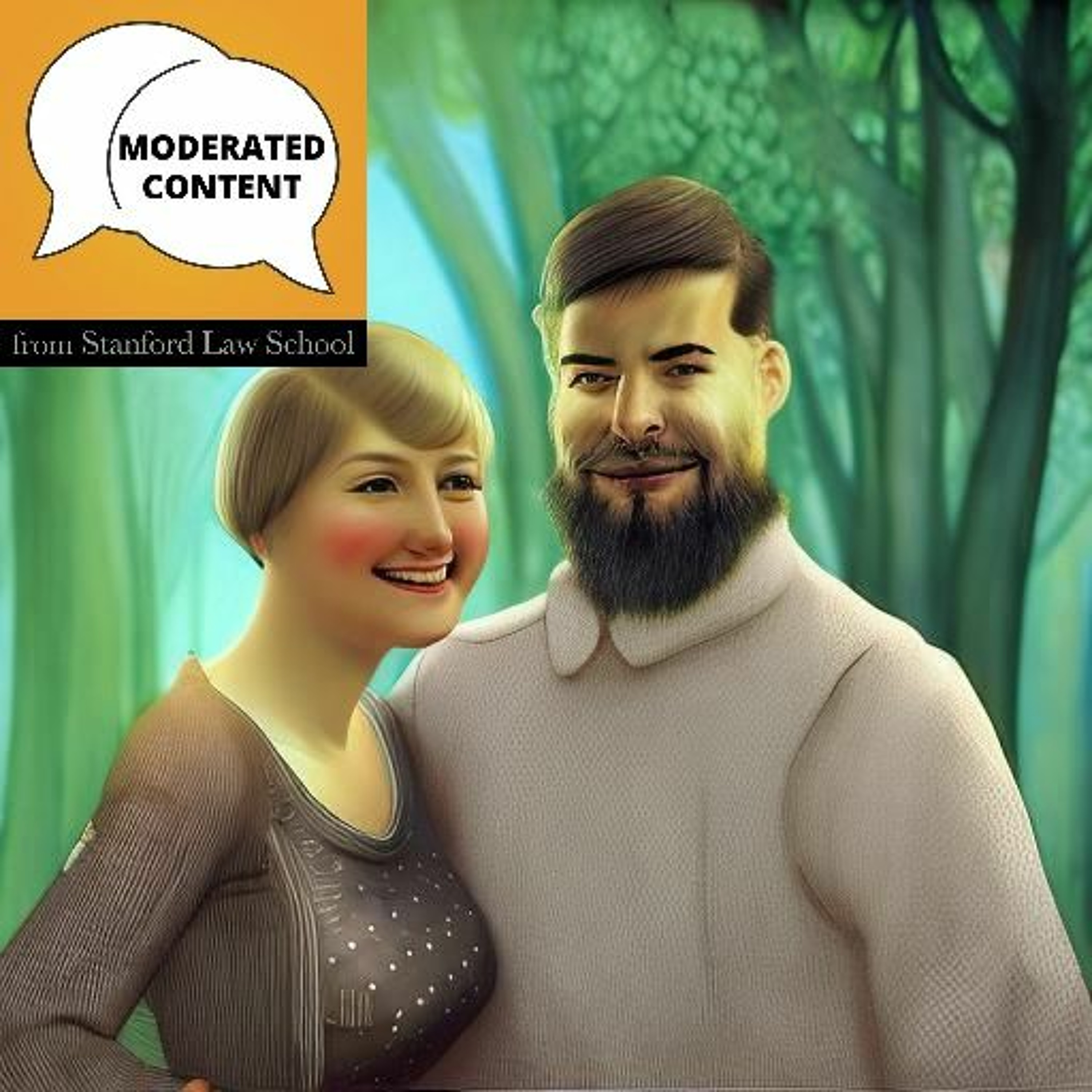



Indeed, road transport is one of the main sources of air pollution. The combination of cleaner fuels, more efficient engines and better alternative vehicle technologies effectively reduces the impact of emissions on the environment. Here https://www.net-hero.org/ you can learn more about how you can contribute to the improvement now.
Great podcast!